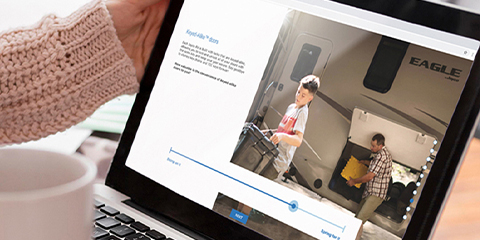CHRISTINA AND BEN MCMILLAN
Christina and Ben live a minimal and purposeful life that prioritizes adventures. Christina enjoys scenic drives, sunsets and art. Ben is more of a “watch the big game, campfire, bourbon, people person” type of guy. More than anything, they enjoy being together in their Jayco Jay Feather travel trailer and not being tied to one particular location.
It’s no secret that camping and RVing are still on the rise. According to a 2022 report released by Kampgrounds of America (KOA), camping accounted for 40 percent of all leisure trips taken in 2021, with more than half of travelers (53 percent) including camping in some or all of their travels. And with flexible schedules and opportunities to work remotely, more and more RVers are considering extended travel.
As long-term RVers, we know how beneficial extended travel can be. But there are also some critical things to be aware of and plan for. Here are some common questions about extended travel in an RV, and our best pieces of advice for anyone considering RVing for a long period of time.
WHAT IS EXTENDED RV TRAVEL AND WHAT ARE THE BENEFITS?
Extended travel in an RV can mean a few different things, and the definition can vary from person to person, but it is commonly defined as traveling in an RV for at least eight weeks. This can include seasonal travel, such as RVing during the peak summer months or snowbirding in the winter, as well as long-term RVing.
There are numerous benefits to long-time or extended travel in an RV but here are some of the most common.
- The freedom and flexibility to travel to different places. And since you have more time, you can stay in each location for longer and explore more.
- The ability to meet new people. The RV community is unlike any other—everyone is so willing to help, give and connect.
- If you plan and budget accordingly, extended travel in an RV can save you money. Especially if you’re planning to sell your sticks and bricks home or downsize significantly. We’ve been fortunate to travel across the country, work from the road and save on everyday things like energy bills and a mortgage.

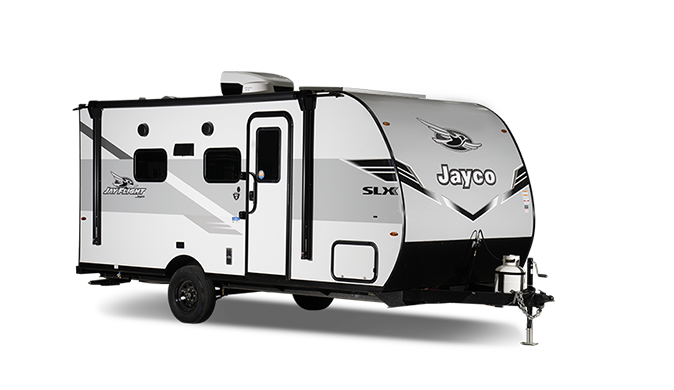
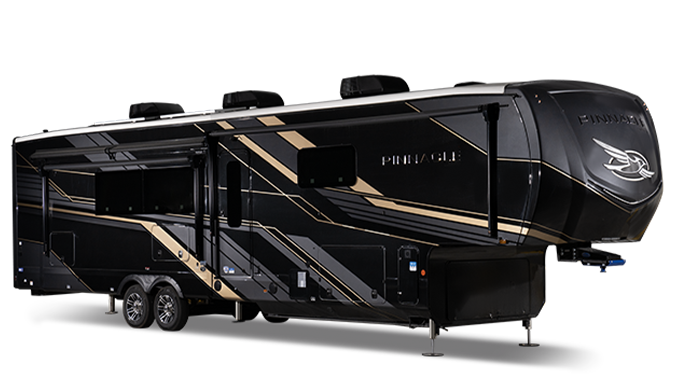
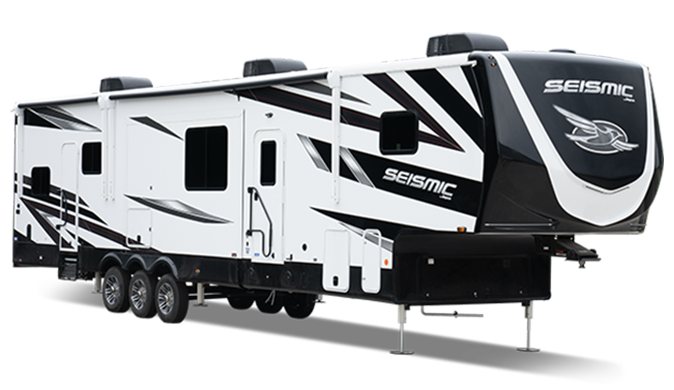
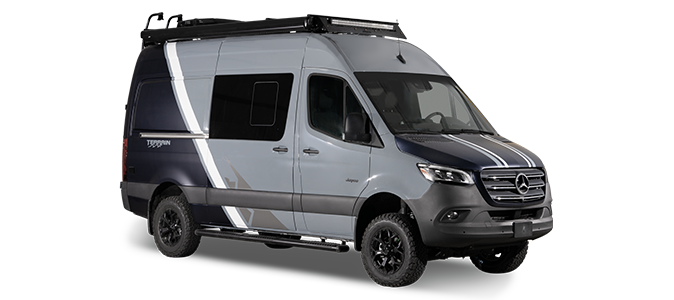
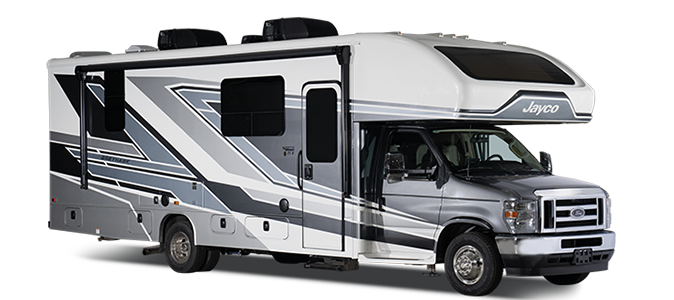
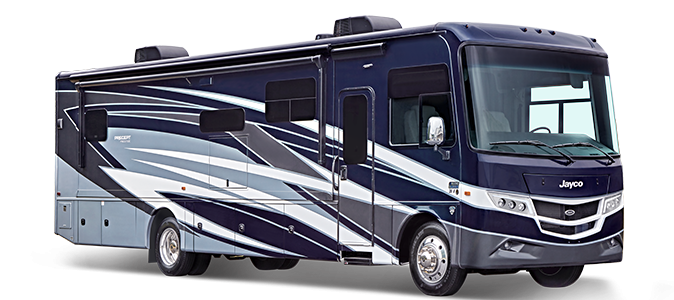
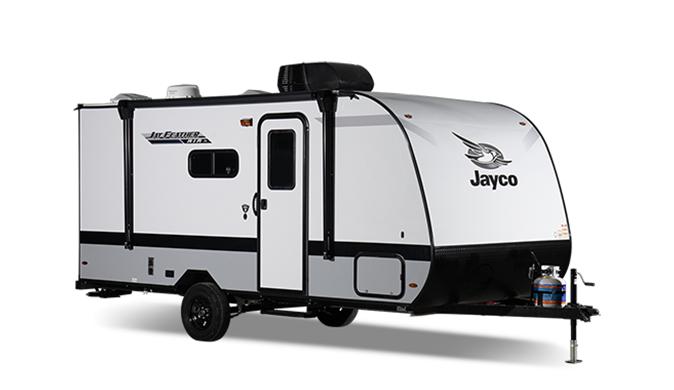
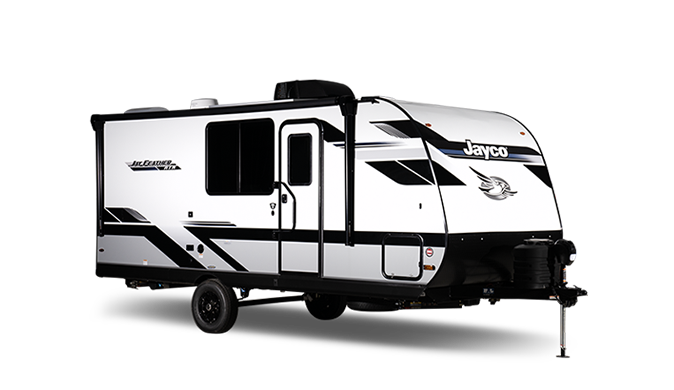

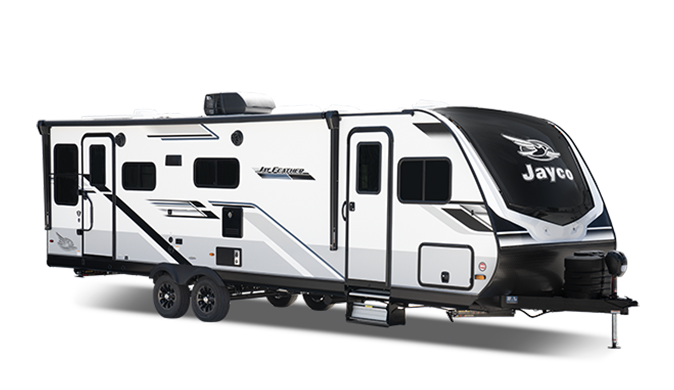
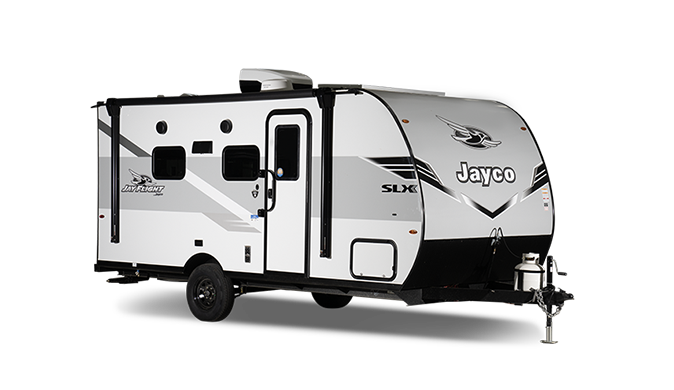
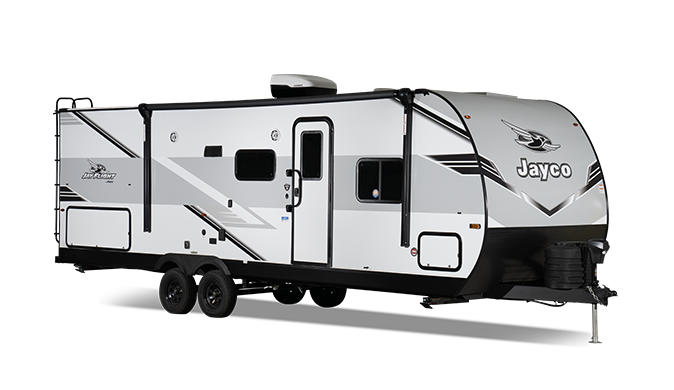
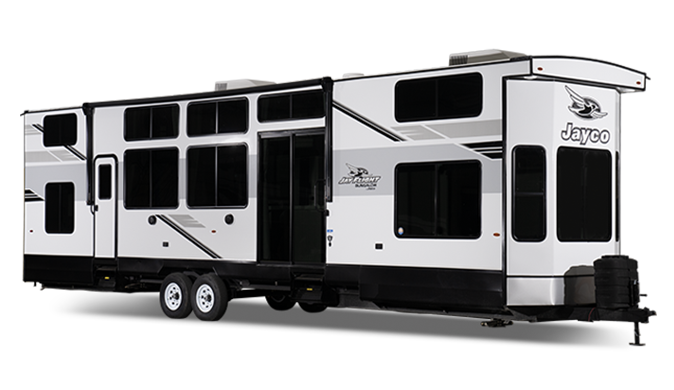
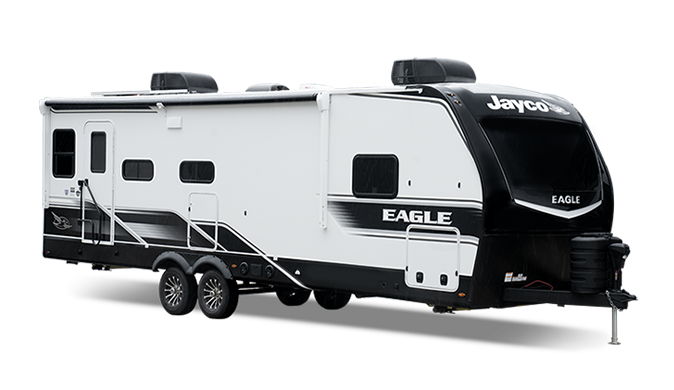
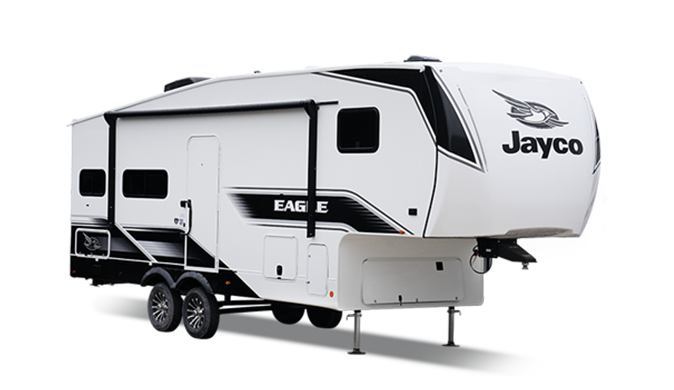
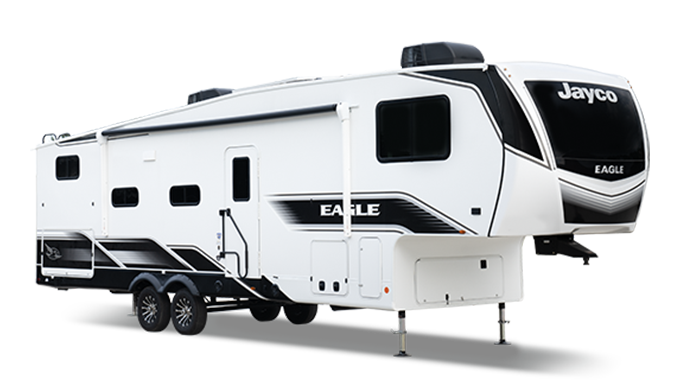
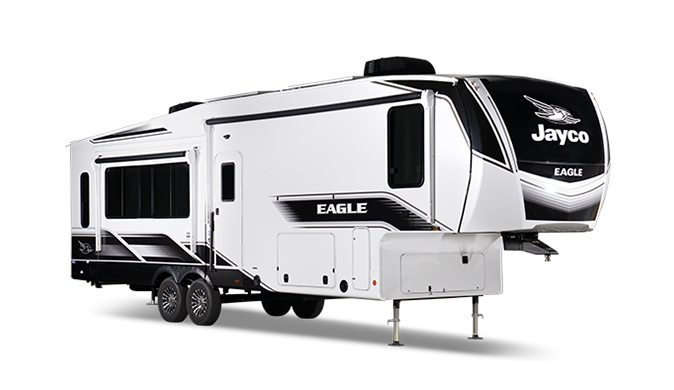
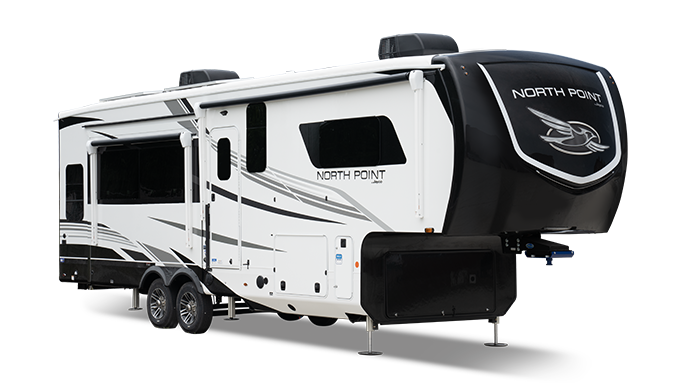
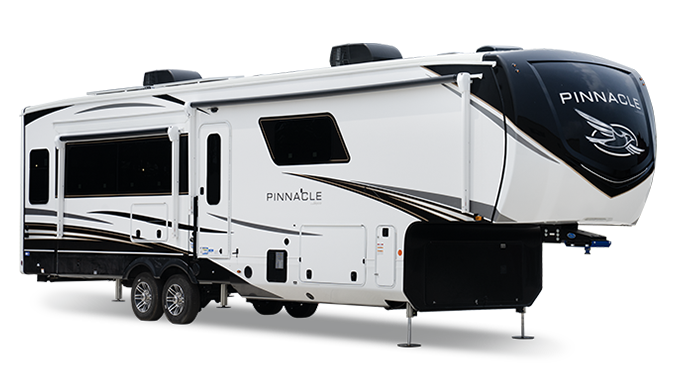
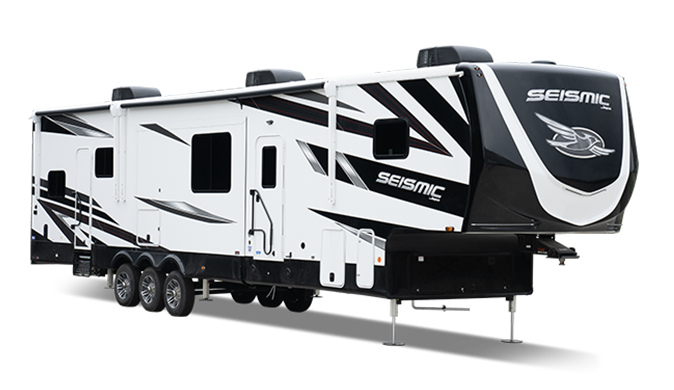
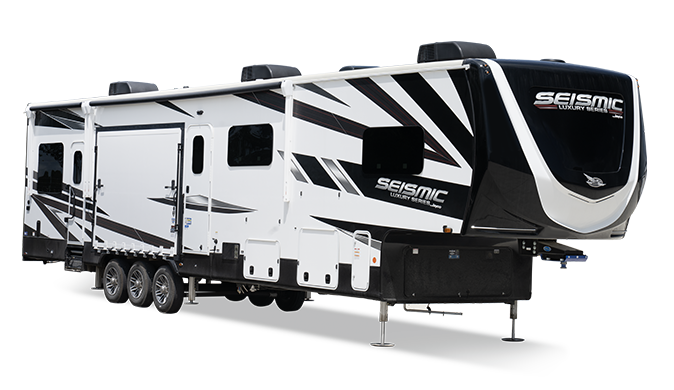
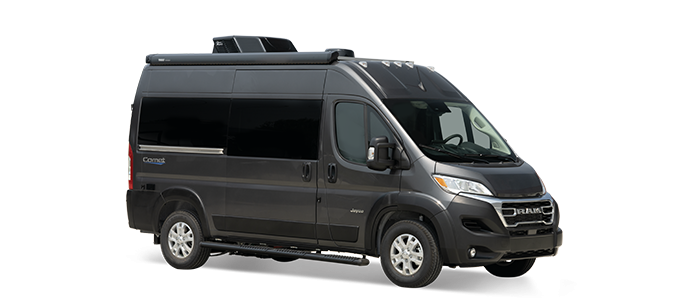
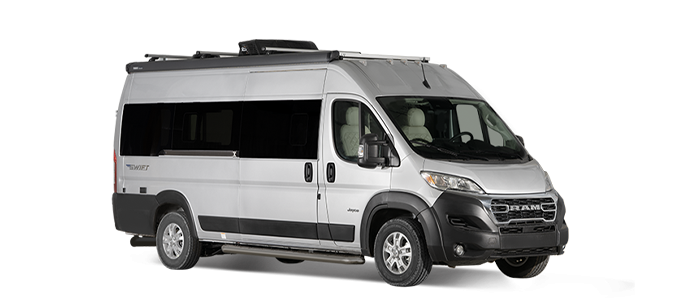
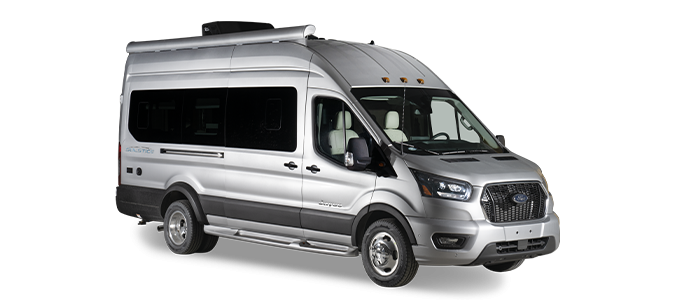
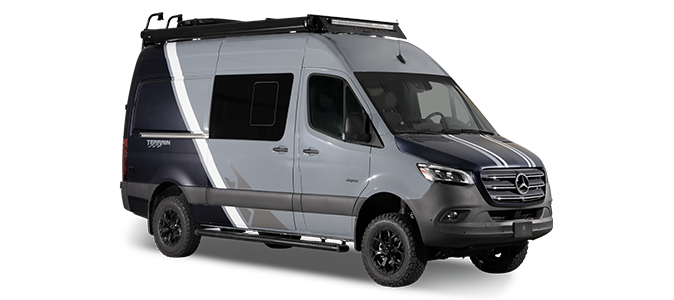
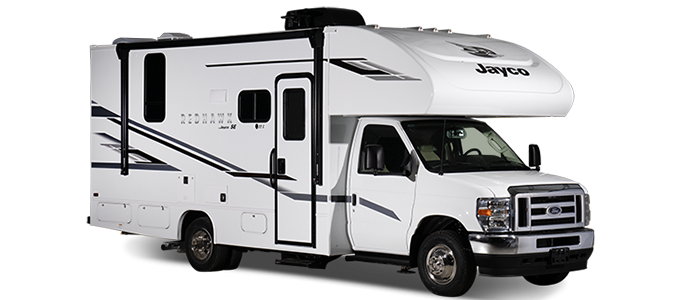
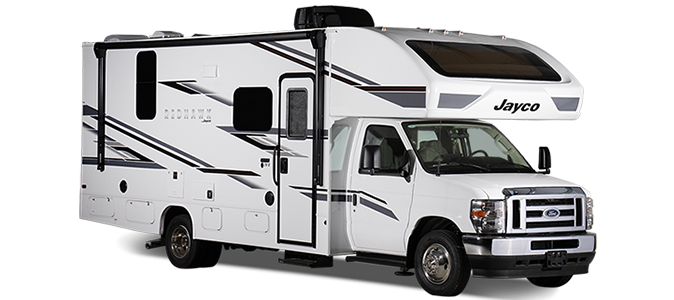
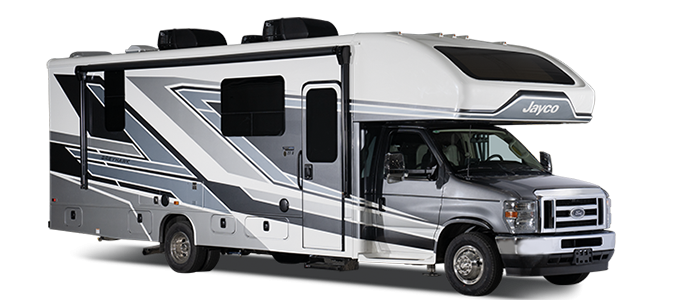
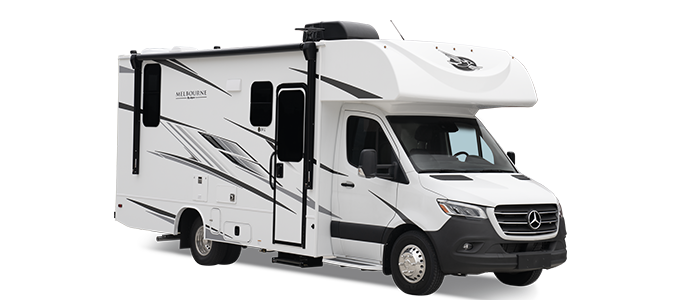
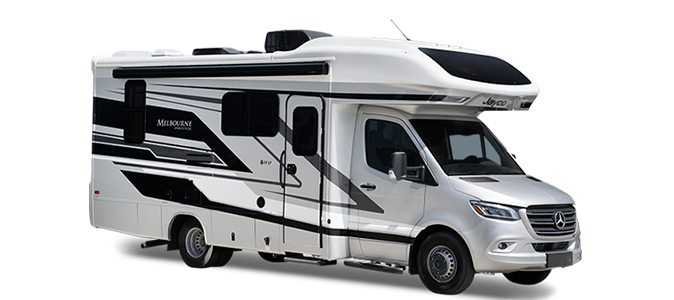
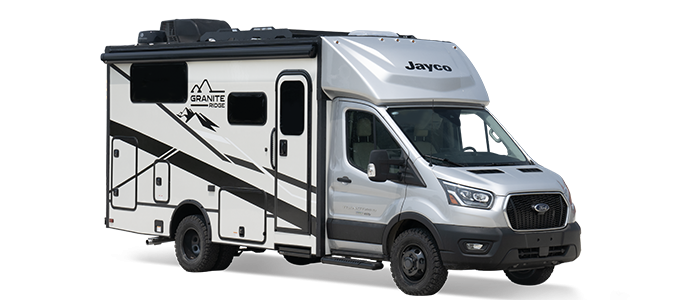
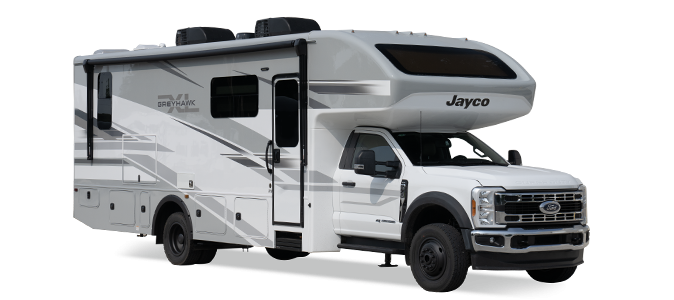
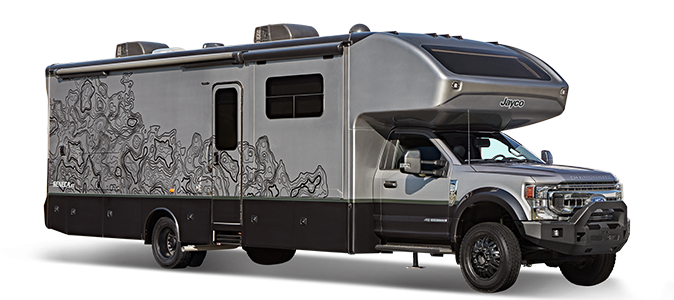
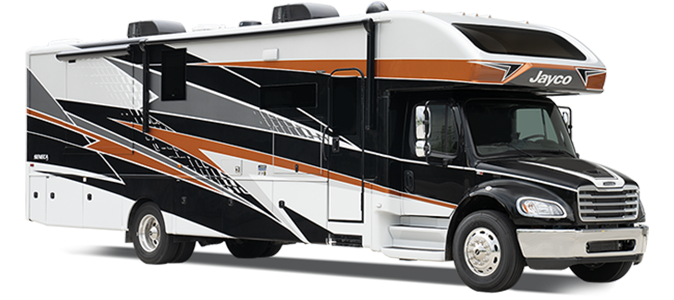
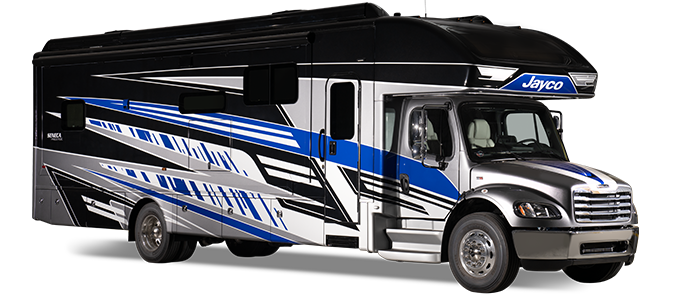
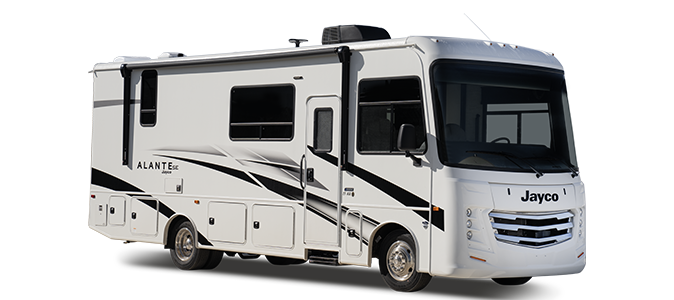
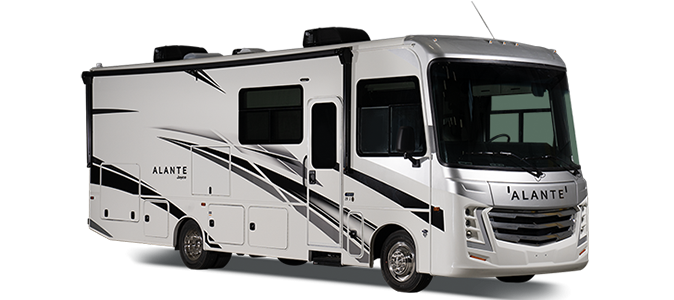
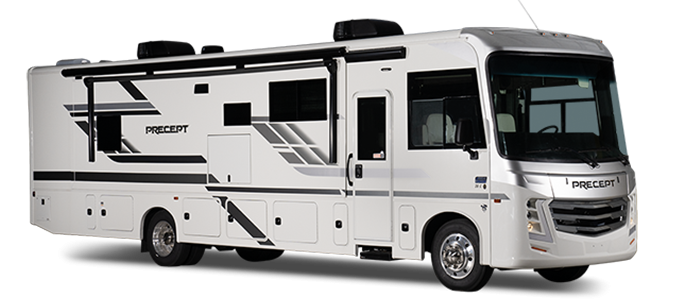
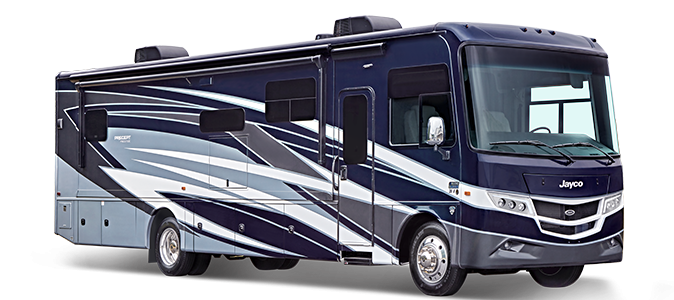
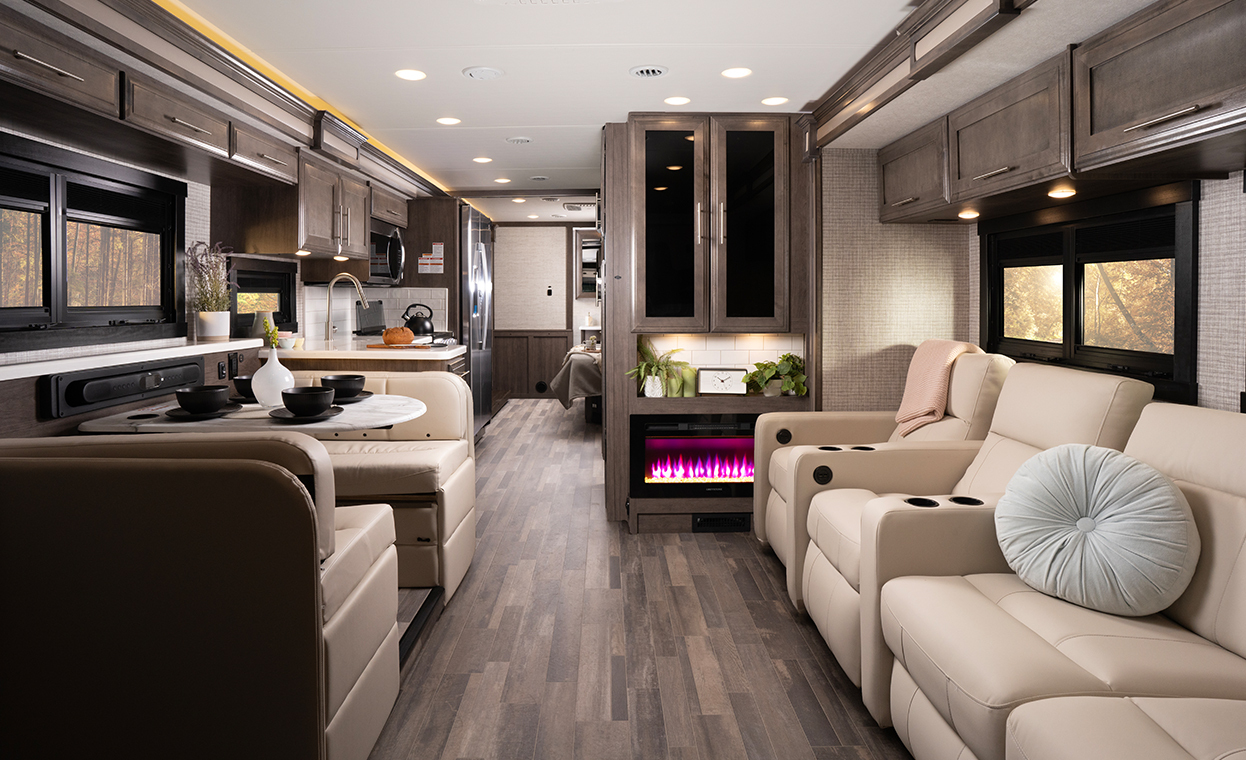
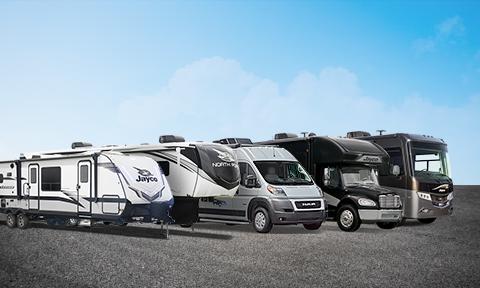
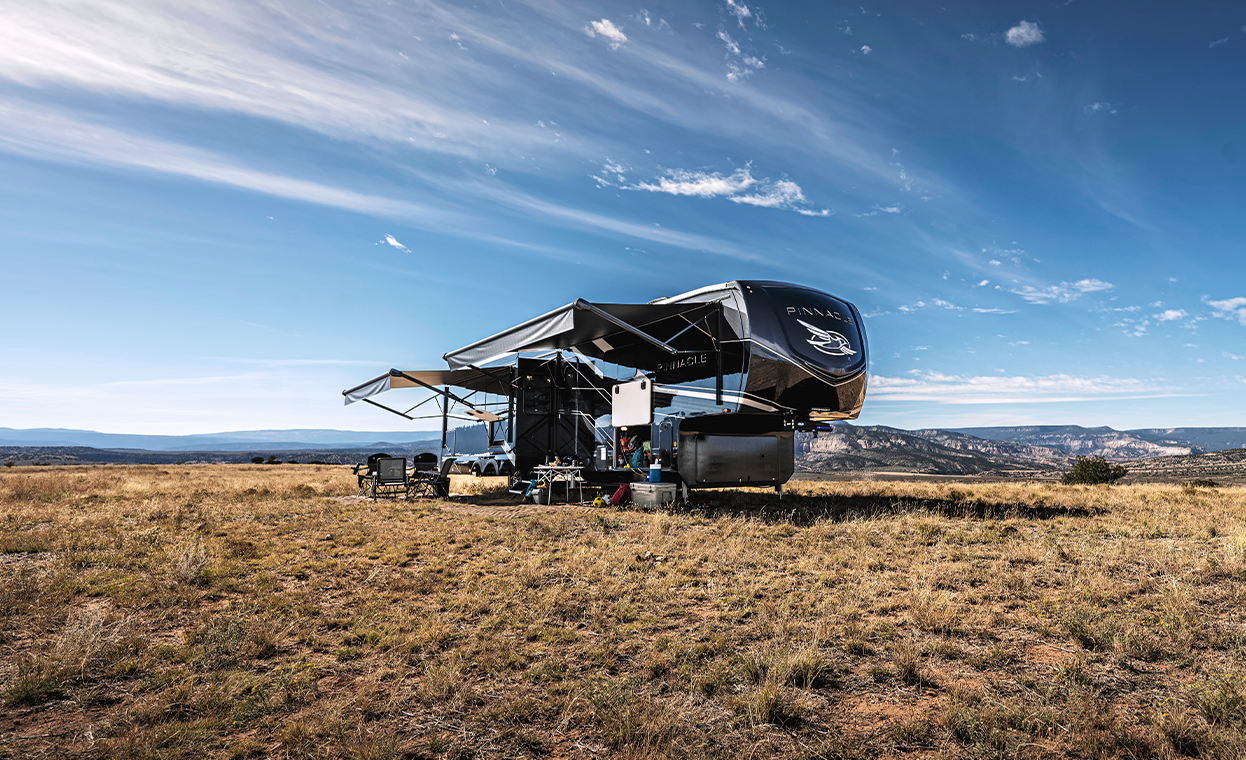
.png)
.png)
